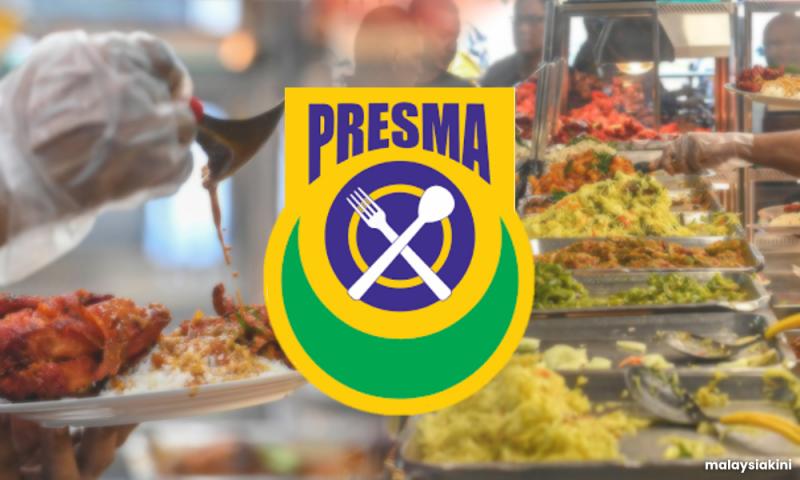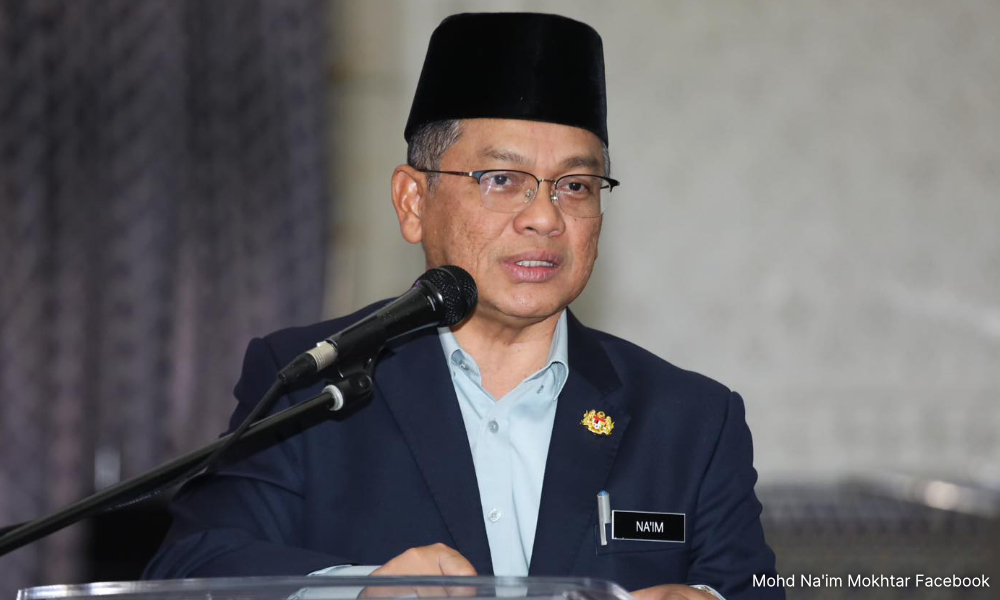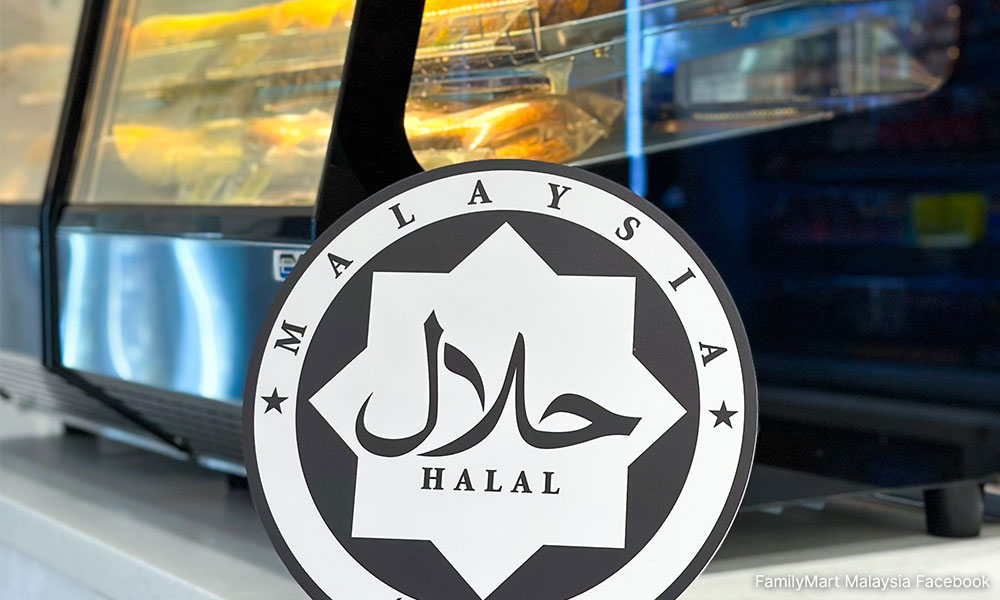
Many Malay-owned eateries don’t have halal cert, association says
Published: Sep 10, 2024 9:53 PM
Malaysian Muslim Restaurant Owners Association (Presma) president Jawahar Ali Taib said while almost all Malay-owned restaurants serve halal food, many are not halal certified.
As such, he urged the government to raise awareness on the importance of getting halal certification among restaurateurs first, before making the certification compulsory.
“What we need is a thorough study on the matter. Raising awareness among stakeholders must be the top priority before mandating this as it may affect business owners who lack big capital.
“For one’s information, almost all Malay-owned restaurants serve halal food but a majority of them don’t possess the certification,” Harian Metro reported Jawahar as saying today.
On Sept 6, Minister in the Prime Minister’s Department (Religious Affairs) Mohd Na’im Mokhtar said the Islamic Development Department (Jakim) is mulling a proposal to make halal certification mandatory for restaurants and food companies that do not serve pork or alcohol.
“To mandate that all (restaurants) have halal certification, several acts or laws will need to be amended. Many agencies will need to be involved in enforcing this,” he was reported as saying.

Minister in the Prime Minister’s Department (Religious Affairs) Mohd Na’im Mokhtar
Subsequently, DAP MP Teresa Kok urged the government to review the proposal, saying it would burden businesses and make Malaysia a subject of international ridicule.
Her statement courted backlash, with the police launching an investigation. Prime Minister Anwar Ibrahim also reminded politicians to air their grouses using the right channels.
Engage small businesses first
Jawahar urged the government to engage small business owners to understand their challenges, including issues related to costs when it comes to meeting halal certification requirements.
“We must also consider the processes involved (in getting halal certification). This involves costs and small business owners lack funds to pay for the process.
“And I’m sure no Malay restaurateur would deliberately not get the halal certification as the status would instil confidence among its patrons.
Subsequently, DAP MP Teresa Kok urged the government to review the proposal, saying it would burden businesses and make Malaysia a subject of international ridicule.
Her statement courted backlash, with the police launching an investigation. Prime Minister Anwar Ibrahim also reminded politicians to air their grouses using the right channels.
Engage small businesses first
Jawahar urged the government to engage small business owners to understand their challenges, including issues related to costs when it comes to meeting halal certification requirements.
“We must also consider the processes involved (in getting halal certification). This involves costs and small business owners lack funds to pay for the process.
“And I’m sure no Malay restaurateur would deliberately not get the halal certification as the status would instil confidence among its patrons.

“Besides, the halal certification provided by Jakim is also widely regarded in the international arena,” he added.
Not racial matter
Jawahar also cautioned the public not to politicise the issue by turning it into a racial matter.
“There is no need to politicise the issue and pit one race against the other.
“We can resolve this openly by taking everyone’s perspective into consideration without indulging in any form of provocation,” he added.
Meanwhile, Bernama reported that up to June this year, 76 percent of halal certificate holders in Penang are companies owned by non-bumiputera or foreign entities (462 companies), with the remaining 24 percent (139 companies) being Muslim-bumiputera companies.
It quoted Penang Islamic Religious Council president Mohamad Abdul Hamid saying that it shows Malaysia’s halal certification is trusted by all parties regardless of their religious or ethnic background.
“To further encourage halal certification applications, the process has also been expedited. For Penang, the process has been shortened from 90 days to 30 working days since November last year,” said Mohamad, who is also Penang’s deputy chief minister I.
For context, the Statistics Department’s population estimate for this year predicts that 54.1 percent of Penang’s population is non-bumiputera.
No comments:
Post a Comment